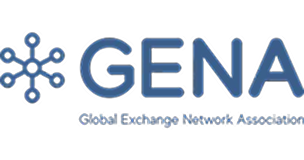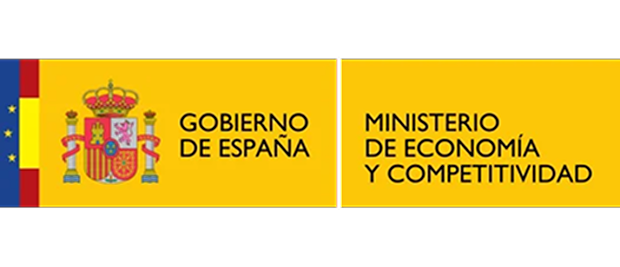Electronic invoicing in Switzerland has evolved steadily since its introduction for public sector suppliers. Since January 1, 2016, it has been mandatory for companies issuing invoices over CHF 5,000 to federal authorities to use structured electronic formats. Recent updates, such as the implementation of the QR-bill in 2022 and upcoming VAT obligations for digital platforms starting July 2025, continue to shape the country’s compliance landscape. Although Switzerland is not an EU member, initiatives like the EU’s ViDA are relevant for Swiss companies involved in cross-border trade.
The legal framework distinguishes between B2G, B2B, and B2C transactions. While e-invoicing is only mandatory in B2G scenarios, businesses are encouraged to adopt structured invoicing for efficiency and regulatory alignment.
Unlike other countries, Switzerland does not provide a centralized portal for sending B2G invoices. Instead, companies must rely on certified service providers and compliant channels. Trusted connectors like B2Brouter—certified as a Peppol Access Point—enable secure, legally valid invoice exchange for public and private transactions, both nationally and internationally.
This guide helps you navigate Swiss e-invoicing rules, timelines, and options to ensure compliance with ease.
Important dates
July 2025
Digital platforms selling goods become liable for VAT and must issue compliant invoices under new transparency laws.
July 2030(Preliminary)
Swiss companies trading within the EU should prepare for mandatory B2B e-invoicing rules under the ViDA framework.
Legislation
- B2G invoicing status
Since 2016, e-invoicing is required for suppliers billing the federal administration over CHF 5,000.
- Accepted formats
Switzerland allows structured formats like UBL XML, eCH-011, Peppol BIS, swissDIGIN, and Factur-X.
- Delivery channels
Invoices must be sent via certified Peppol providers. B2Brouter offers compliant delivery through Peppol for B2G and B2B flows.
- Regulating authority
The Federal Tax Administration (FTA) oversees e-invoicing compliance and tax-related requirements.
- Archiving requirements
Invoices must be stored in original format for at least 10 years on automated, secure data carriers. B2Brouter meets this legal requirement.
Digital signatures
Not mandatory for validation, but recommended to ensure authenticity and data integrity.
Voluntary B2B adoption
E-invoicing is optional for B2B transactions but recommended to improve efficiency and audit readiness.
Cross-border
Swiss companies trading with EU partners should monitor ViDA for upcoming B2B e-invoicing mandates.
Send e-invoices to Switzerland securely with B2Brouter
Peppol access and Swiss formats
Send compliant invoices via Peppol and work with formats like eCH-011, swissDIGIN, QR-bill, and Factur-X from a single platform.
Seamless ERP integration
Connect your accounting or ERP system easily to B2Brouter to automate invoice creation and delivery without changing your tools.
Cross-border invoicing made simple
Handle domestic and cross-border invoicing from a single environment with automated format conversion and legal validation.

Certifications
B2Brouter is certified with the ISO 27001 standard on information security management, certified as a Peppol Access Point Service Provider and a member of the EESPA.





